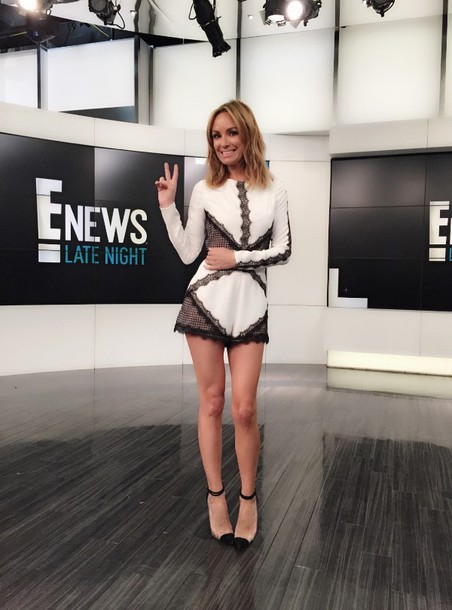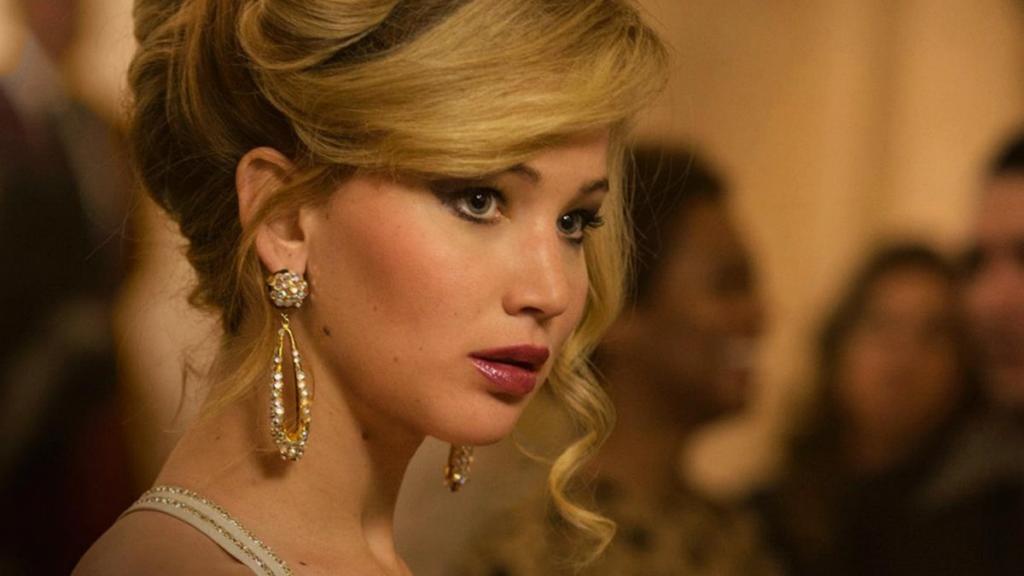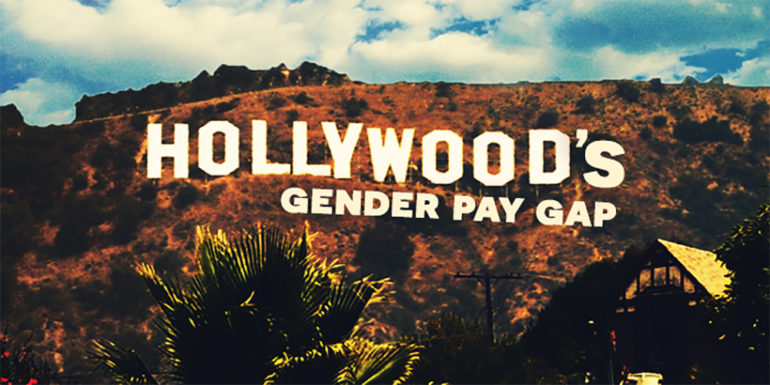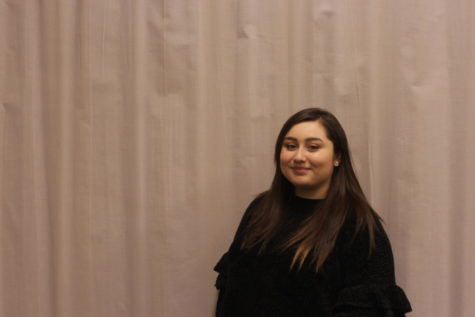The Undeniable Gender Pay Gap in Hollywood
February 21, 2019
It’s no secret that women aren’t always treated the way men are.
It’s been an issue for centuries: women getting paid less than a man doing the same job. Although we think of Hollywood paychecks as excessive, they aren’t always fair. Female celebrities find themselves being paid way less than their male co-stars even though their roles are of equal value. However, these celebrities are no longer afraid to talk about money. These are only a few examples of troubles female celebrities have faced in the entertainment industry.
In 2017 E! News host Catt Sadler left the network after learning that her male co-host Jason Kennedy was being paid more than double her salary and had been for several years. She wanted to negotiate her pay, but E! News’ new offer still didn’t come close to what her co-host was being paid.
“Didn’t come close, nowhere close, not even remotely close,” said Sadler in an interview with PEOPLE. “When you learn something like that it makes you feel very small and underappreciated and undervalued.” Sadler found the wage gap insulting.

The network delivered a statement regarding the issue saying, “E! compensates employees fairly and appropriately based on their roles, regardless of gender.” Network chief Frances Berwick said, “Catt Sadler and Jason Kennedy had different roles and therefore different salaries.”
Sadler responded, “My experience, frustration and disparity was based on Jason Kennedy and myself being apples to apples.” Actresses took note and backed her up by expressing their disappointment in E! live during interviews on the red carpet at the Golden Globe awards.
In 2014, the Sony Hack happened, which revealed the huge difference in the pay of women and men. One of the pay gap revelations in the hack was the disparities on David O. Russell’s film American Hustle. Actresses Jennifer Lawrence and Amy Adams were given significantly smaller deals than Christian Bale, Bradley Cooper, and Jeremy Renner. Lawrence wrote an essay explaining her perspective on it. “I would be lying if I didn’t say there was an element of wanting to be liked that influenced my decision to close the deal without a real fight. I didn’t want to seem ‘difficult’ or ‘spoiled,’” she wrote. “I’m over trying to find the ‘adorable’ way to state my opinion and still be likable! F— that. I don’t think I’ve ever worked for a man in charge who spent time contemplating what angle he should use to have his voice heard. It’s just heard.” Meanwhile, Adams made no comment on the situation.

Movie industries have let women down more than those two women, but sometimes things actually work out, especially in this time of cultural change and specifically when women are made known of the gap and speak out on it.
Actress Charlize Theron found out her pay was way less than that of her co-star Chris Hemsworth in the movie The Huntsman: Winter’s War the 2016 sequel to Snow White and the Huntsman. She negotiated for the salaries to match; she wanted $10 million more, and rightfully they said yes. “I have to give them credit because once I asked, they said yes. They did not fight it and maybe that’s the message: That we just need to put our foot down,” Theron told Elle UK. “Girls need to know that being a feminist is a good thing. It doesn’t mean that you hate men. It means equal rights. If you’re doing the same job, you should be compensated and treated in the same way.”
Emma Stone has also experienced victory. Her male co-stars took pay cuts to make her salary equal to theirs in her movie, Battle of the Sexes. “That’s something they do for me because that’s what they feel is right. That’s something that’s also not discussed, necessarily — that our getting equal pay is going to require people to selflessly say, ‘That’s what’s fair.'”
Actress and feminist Emma Watson once said, “We are not supposed to talk about money because people will think you’re ‘difficult’ or a ‘diva’, but there’s a willingness now to be like, ‘Fine. Call me a “diva”, call me a “feminazi”, call me “difficult”, call me a “First World feminist”, call me whatever you want, it’s not going to stop me from trying to do the right thing and make sure that the right thing happens.’ Because it doesn’t just affect me, it affects all the other women who are in this with me, and it affects all the other men who are in this with me, too.” Equal pay is definitely on its way.


